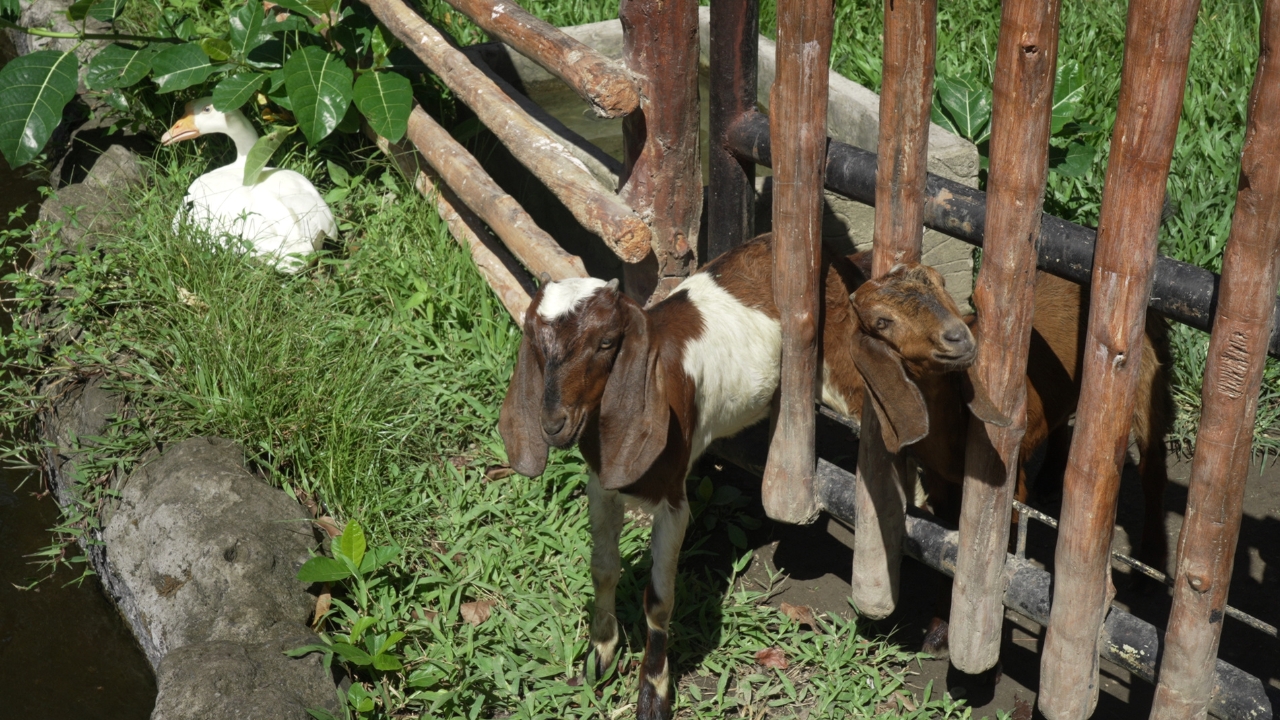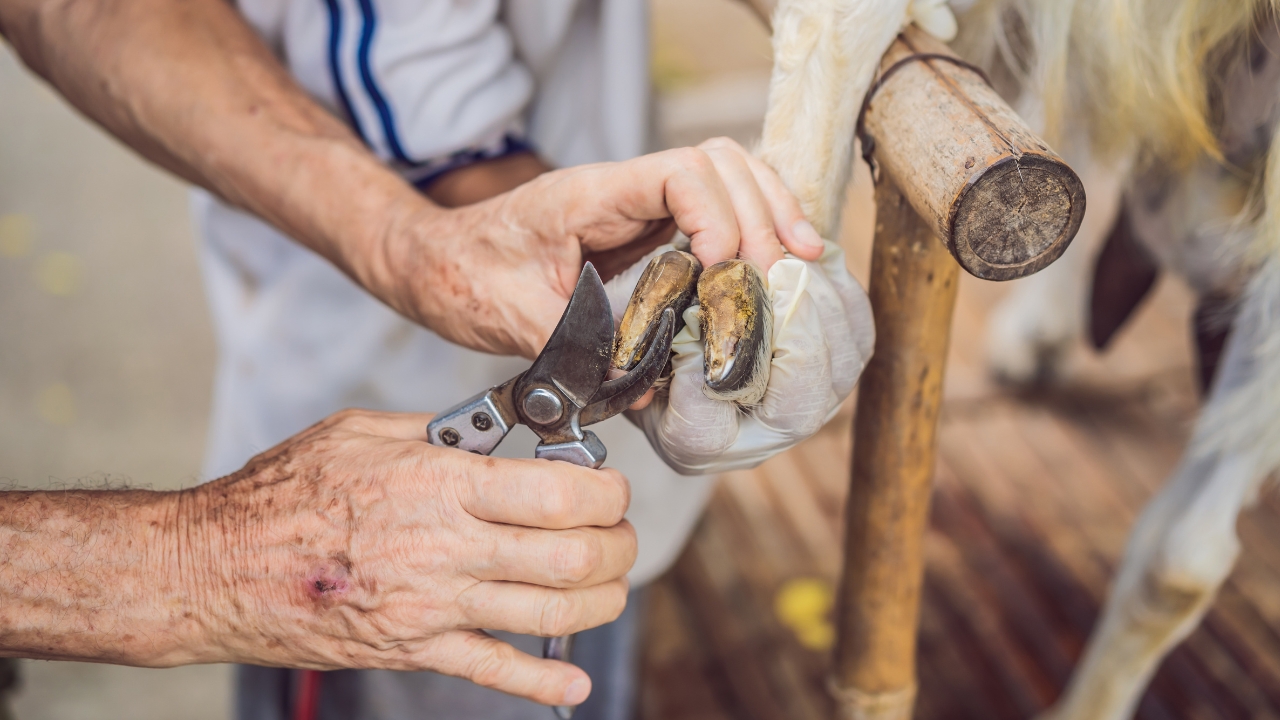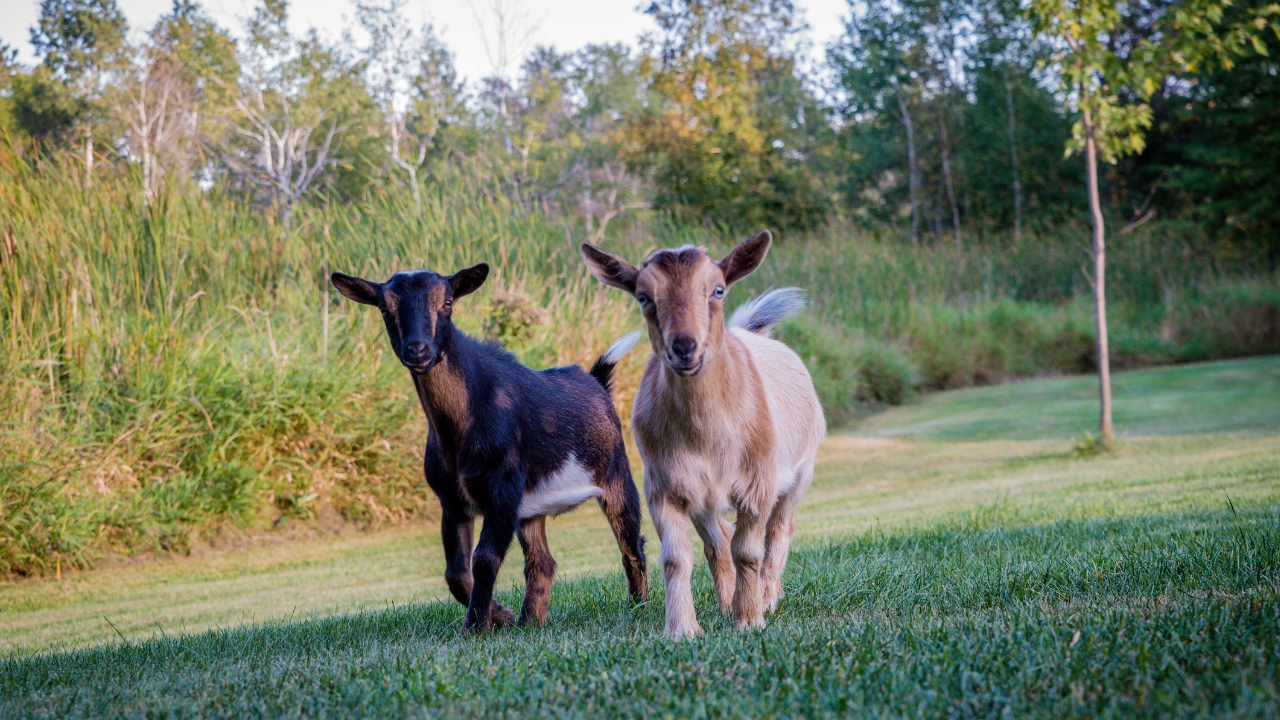7 Things We Wish We Knew Before Getting Goats
Getting goats seemed simple at first—fence them in, give ‘em hay, and enjoy the fresh milk or brush-clearing help. But goats aren’t low-maintenance, and they’ll keep you on your toes. We’ve had a few laughs and a few headaches, and if we could go back, there’s plenty we’d want to know ahead of time.
So if you’re thinking about getting goats or still figuring it out, here are seven things we really wish we’d known from the start.
They’ll Escape Anything That’s Not Fort Knox

Goats are escape artists. If there’s a weak spot in your fencing, they’ll find it—and exploit it. We thought a basic field fence would do the job. Nope. They climbed it, crawled under it, and even pushed through loose spots.
You need strong, tight fencing. Woven wire with electric along the top and bottom has worked best for us. Don’t assume they’ll stay put just because they’ve got food and shelter. If they’re bored or curious, they’re going to test every inch of that perimeter.
Goats Are Loud—Like, Really Loud

We weren’t ready for how vocal goats are. If they hear you walk outside, they’ll start hollering like you owe them money. Feeding time? Prepare for a full-blown chorus. And if one starts, the others follow.
Some breeds are chattier than others, but in general, goats don’t stay quiet. That’s fine on a big piece of land, but if you’ve got close neighbors, it’s worth considering. Their constant bleating can get old fast if you’re not expecting it.
Bucks Smell Terrible

When we got our first buck, we were not prepared for the smell. During breeding season, bucks pee on their own faces and legs, and it’s every bit as gross as it sounds. The stench will cling to your clothes if you’re near them too long.
We eventually decided to keep our buck off-site and only bring him in when needed. Some folks do fine with a buck on the property, but if you’re not ready to deal with the stink (and how it affects the milk), think about using a stud service instead.
Hoof Trimming Is No Joke

Goat hooves grow fast, especially if they’re on soft ground. We didn’t know how quickly they’d start to curl and cause problems. Neglect hoof trimming, and you’re asking for lameness and infections.
It’s not hard to learn, but it does take time and patience. You’ll need a good pair of trimmers and a setup that keeps your goats calm and still. Get comfortable doing it yourself or be ready to pay someone regularly—it’s not something you can skip.
Goats Can Be Picky Eaters

Everyone told us goats would eat anything. That’s a lie. They’re not garbage disposals—they’re browsers, not grazers, and they’ll turn their noses up at hay they stepped on or feed that smells even slightly off.
You’ll go through more hay than you think, and they’ll waste a good chunk of it unless you invest in a proper feeder. We lost a lot of money early on assuming they’d clean up scraps or eat low-quality stuff. They won’t. Feed them well or deal with the fallout.
Parasite Management Is a Constant Battle

We didn’t fully understand how fast goats can go downhill from parasites. They’re incredibly prone to worms, especially in warm or wet climates. And once a goat is loaded with parasites, it can go from fine to dead in a matter of days.
You need a deworming plan and regular checks—especially FAMACHA scoring for anemia. Rotational grazing, clean water, and dry bedding help a lot. Don’t wait for signs of trouble. Prevention is way easier (and cheaper) than recovery.
They’re Smarter Than You Think

Goats remember faces, learn routines, and can open latches like a raccoon. We underestimated how clever they were until one started dragging a bucket to use as a step over the fence.
They can be affectionate and fun to work with, but they’re not brainless livestock. If you don’t stimulate them or provide structure, they’ll get into trouble. Treat them more like mischievous toddlers than barn animals, and you’ll stay one step ahead.
*This article was developed with AI-powered tools and has been carefully reviewed by our editors.







